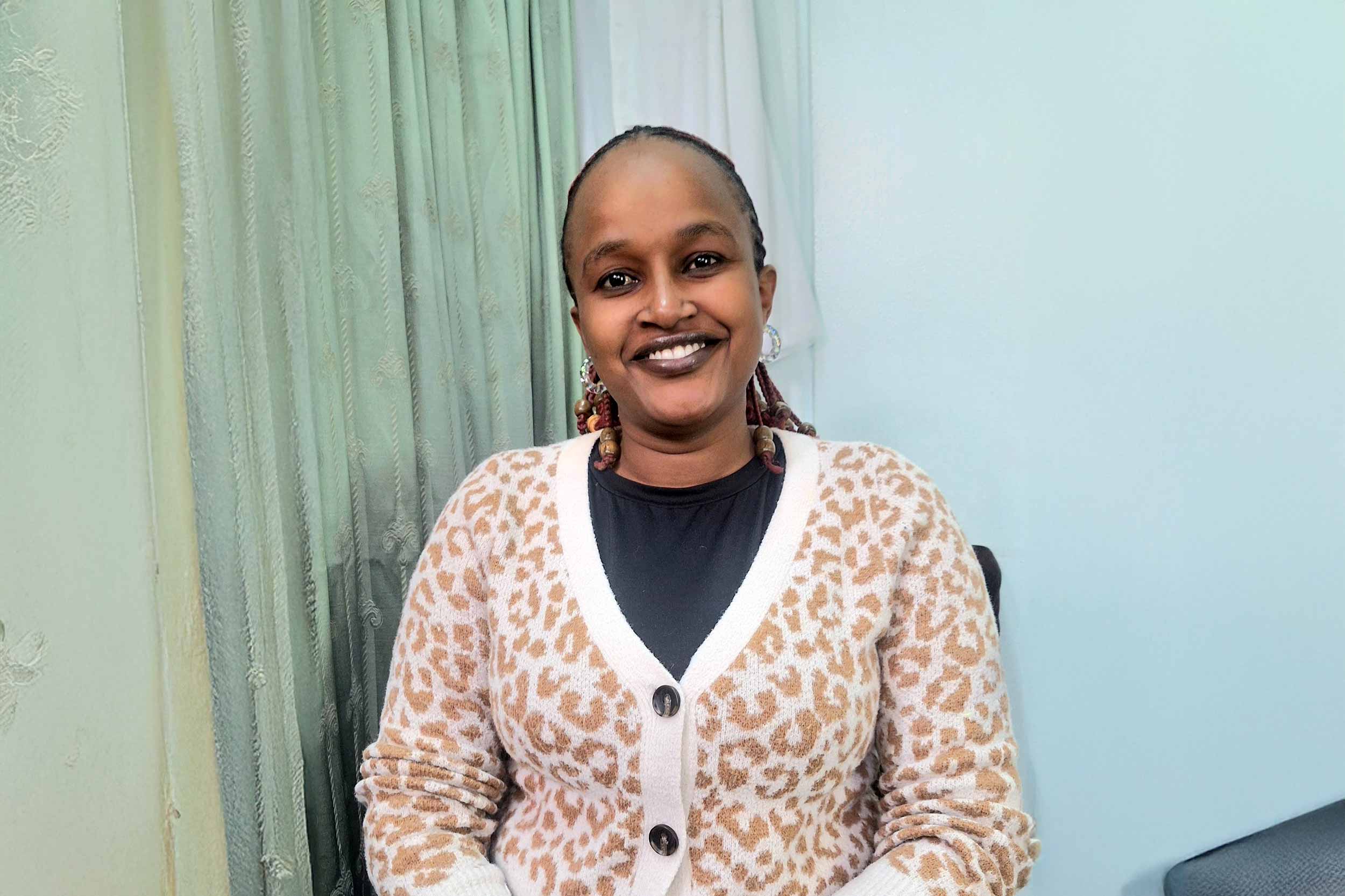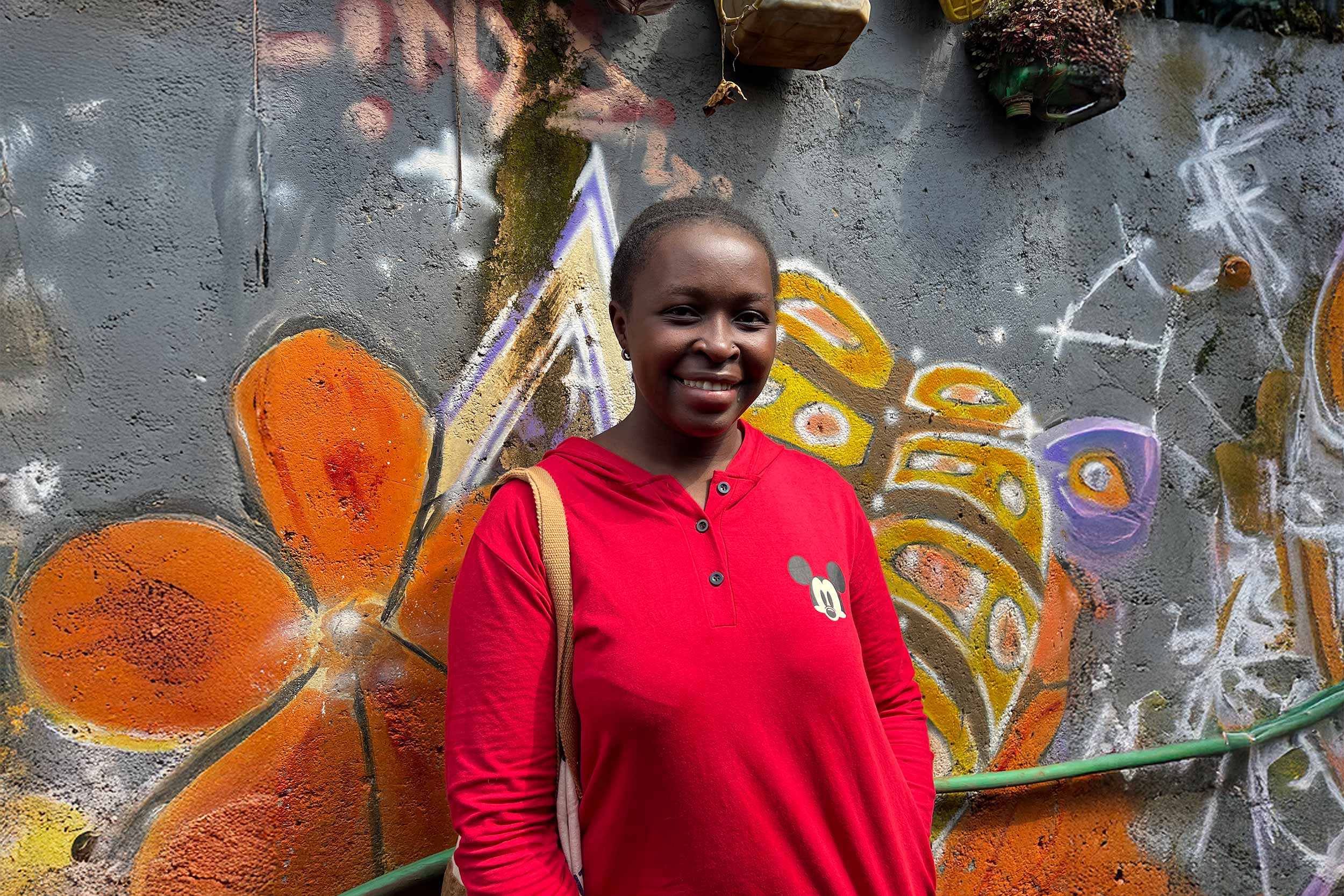Kenya Allows Safe Abortion. So Why Are Women Dying?
Wealth inequalities and a growing conservative backlash are combining to put lives at risk.
When Beryl Mueni first sought an abortion, the supposed doctor she visited gave her two pills for which she paid Kes 500 (3.75 US dollars). It was only after she got home and checked the leaflet that she realised she’d been conned. The pills were Clomid, which ironically is used to stimulate ovulation so women can conceive more easily.
Mueni, only 17 years old at the time, was determined to terminate the five-month pregnancy so she could continue her education.
“I went back to him and demanded proper abortion medication,” she recalled. “It was then that he gave me a single dose of misoprostol to place under my tongue. A few hours later, I felt my stomach begin to cramp but that was it. Nothing came out. I resigned myself to my failed abortion and made peace with the fact that I would become a mother.”
Beryl, who lives in Mathare, an informal settlement in eastern Nairobi, went into early labour at just seven months. She was rushed to hospital and delivered twins, but one infant died. Her daughter is now five years old.
“I’m lucky to be alive because I know many girls who have gone to that same man and died due to excessive bleeding,” she said.
Each day, seven women and girls in Kenya die from complications associated with unsafe abortions. Most lack the knowledge and resources to access proper health care, pushed to the margins by a health system that prioritises those with money. Data from the African Population and Health Research Centre (APHRC) states that unsafe abortion is one of the leading contributors to maternal morbidity in Kenya, which currently stands at 362 per 100,000.
A big part of the problem is that the legality of abortion in Kenya remains misunderstood, leaving the health care landscape riddled with inconsistencies.
“Abortion in Kenya is restricted, not illegal,” said Jolly Mukangu, who runs a youth-friendly clinic called Usawa Reproductive Health Centre in Nairobi. Kenya’s constitution has certain provisions under which abortion is allowed, including if the pregnancy is deemed to be a risk to the physical or mental health of the pregnant woman.
“Unfortunately, only rich women can get abortions safely because only they have the resources to follow the correct procedures and get clearance from a psychiatrist attesting to their mental vulnerability, for example. In addition, they can pay for the abortion in reputable clinics,” said Jolly.

A Question of Money
For such women, Marie Stopes is a popular choice. The organisation, which opened its first clinic in 1985, offers safe abortions at a cost of between Kes 15,000 to 30,000 (116 to 232 dollars). Average earnings for women in Kenya are around 12,000 (93 dollars) a month.
“I paid around Kes 26,000 (200 dollars) for my abortion in 2022,” says Brenda, a 27-year-old social media influencer living in Nairobi who requested anonymity. “I walked into a Marie Stopes clinic and told the doctor that I was pregnant and wanted an abortion. A blood test and ultrasound scan confirmed that I was about four weeks along. They gave me some pills; one to swallow at the clinic, then the rest to put under my tongue after 48 hours.”
The pills that Brenda was given were Mifepristone and Misoprostol, commonly dispensed for self-managed abortions.
“I had bad cramps after the second dose of pills, accompanied by bleeding, hot flushes and diarrhoea. The clinic had prepared me for this and had given me painkillers for the pain. The discomfort lasted about two hours, after which I had a light period for about a week,” she said.
Brenda went back to the clinic after two weeks as instructed so the doctor could perform an ultrasound to confirm that the abortion was complete, and to discuss her contraceptive options.
“They fitted me out with a contraceptive implant for free as part of my treatment. I felt safe and well-cared for the entire time, and experienced no judgement. The doctor even gave me her card and encouraged me to call in case of anything,” she said.

Intimidation and Harassment
Abortion stigma is entrenched not just societally but also in government policy. Despite the constitution making abortion legal in 2010, the government of Kenya withdrew its guidelines in 2013. The high court compelled the government to reinstate these guidelines in 2019, but implementation is still low and uncertainty prevails in hospitals over how to handle abortion cases.
In 2004, doctor John Nyamu was arrested and charged with murder for offering abortion services in Nairobi. He served a year on remand before being acquitted of all charges. While there have not been other high profile arrests since then, reports of intimidation and harassment of healthcare providers by police are common.
“There is pushback towards healthcare providers like myself who offer comprehensive sexual and reproductive health services, including safe abortions, post abortion care and family planning,” Jolly said. “We face lots of criticism from anti-choice campaigners and religious zealots. However, I am a big believer in bodily autonomy.”
In recent years, foreign pressure groups have also attempted to restrict reproduction rights in Kenya. A 2022 investigation by the Bureau of Investigative Journalism (TBIJ) found that fundamentalist groups from the US and Russia were lobbying to limit reproductive and sexual health care in Kenya, with some success. TBIJ named Citizen Go, which claims to defend lives, family and freedom, as one of the entities actively using digital tools, political lobbying and physical protests to agitate against abortions.
Kenya’s murky abortion environment leaves even organisations such as Marie Stopes vulnerable to attacks and undue censure. In 2018 the government stopped the organisation from offering abortions to its patients after complaints that it was promoting terminations on radio. The ban was lifted a month later after campaigns by activists who warned that it was unconstitutional and would lead to increased deaths.
Only for Rich People
Although Marie Stopes does not advertise abortions as one of its services, women and girls know that they can walk into any of its clinics for an abortion, no questions asked – as long as they can pay for the service.
Cindy Manyasa certainly could not. The 22-year-old scoffs when asked about Marie Stopes, and said that it is was only for “rich people”. She is Mueni’s neighbour in Mathare and was 16 years old when she found out she was pregnant. She was too scared to tell her mother until she was about four months along and it became too difficult to hide.
Determined to not let an unplanned pregnancy interrupt her daughter’s life, Manyasa’s mother brought home a pill and instructed Manyasa to put it under her tongue.
“My stomach started hurting that night, intense cramps that made it impossible to sleep. Eventually, I went to the bathroom and the foetus came out. I thought that was the end of it but I bled non-stop for two weeks, passing massive clots. They had to take me to hospital and flush out my uterus to complete the abortion,” Manyasa said.
She was just one of many casualties of an unfair health system that has guaranteed a level of safety and comfort for the middle class while leaving poor women and girls in the hands of backstreet abortion providers with no medical training.
According to the APHRC, “more than 75 per cent of women with induced unsafe abortion experience moderate to severe and near miss complications (such as sepsis, haemorrhage, shock, and multiple organ failure) that require medical attention in health facilities, including admission into intensive care units”.
“Quacks commonly use crochet needles or sticks to pierce the uterus, which leads to heavy bleeding but ultimately rarely completes the abortion,” Jolly said. “Some administer medications but they do not have the knowledge to advise their patients on correct usage, which also leads to failed abortions.”
So dire is the issue, Jolly continued, that 40 to 60 per cent of all patients she treats at her clinic come in for post-abortion care treatment. Many of these patients are young and poor.
Inadequate Access
According to Robina Anene, who serves as the Nairobi County reproductive health coordinator, stigma also impedes those who desperately need help.
“Many women and girls shy away from reproductive health services, either because they do not know that these services are available, or they are afraid to be judged,” she continued. “I’d like them to know that help is available, even for post-abortion care. We have a referral system in place and ambulances to ensure that everyone who needs help can get it.”
She acknowledged, however, that the government was under-resourced, which makes service delivery challenging. There are insufficient funds to train healthcare workers or buy much-needed medication.
Inadequate access to contraceptives and knowledge about how to use them is the biggest cause of unsafe abortions. According to the latest Kenya Demographic Health Survey, teenagers make up the bulk of those unable to access contraceptives, with about half of girls aged between 15 and 19 not using any family planning methods, despite being sexually active.
Mueni and Manyasa both said that they did not receive adequate information about contraceptives.
“If I knew, I would’ve used condoms. In school, no one taught us about sexual education beyond basic biology about our bodies,” Mueni said.
According to Joachim Osur, a reproductive and sexual health expert and vice chancellor of Amref International University, the lack of comprehensive sexual education in schools is compounded by a similar silence at home.
“There has been a slowdown on public sexual and reproductive health communication, and families have become increasingly fragmented and isolated, leaving teenagers without trusted uncles or aunts to talk to about sexual matters,” he said.
Woefully ill-equipped to navigate sexuality, many turn to their equally under-informed peers to learn basics.
“I have treated university girls who have told me that they did not know that they can get pregnant from having sex standing up, or from doing it just once,” Osur said. “Many misuse the emergency pill, and therefore it fails them often. So they get pregnant and resort to unsafe abortions.”
Studies show that comprehensive sexual and reproductive health education and services reduces early and unintended pregnancies, with the World Health Organisation stating that “almost every abortion-related death and disability could be prevented through sexuality education, use of effective contraception, provision of safe and legal induced abortion, and timely care for complications”.
Osur agreed, arguing for more progressive policies in Kenya and adding, “Women and girls will abort, whether it is legal or not, whether they get proper care or not."
